"The relationship between the two countries is at its best"
“The first time I set foot in Noi Bai airport in 2008, I clearly remember that the road from the airport to the center of Hanoi had only two lanes, with fields stretching on both sides. The car took us on without stopping. Yesterday, when we returned, the scene was completely different. The road had expanded to six lanes, there were many vehicles and many infrastructure works were present. To me, that change was extremely impressive, a vivid demonstration of Vietnam's development speed.” These are the shares of Prof. Nishida Tatsuya, Tokai University, Japan, from his own story when opening his speech at the Forum “ Vietnam - Japan Partnership: Cooperation and Development in the context of global fluctuations ” held on October 3.
Not only has Vietnam changed its appearance, but the Vietnam-Japan relationship is also entering its strongest development phase. In particular, the particularly important milestone that the professor emphasized is the two countries officially upgrading their relationship to Comprehensive Strategic Partnership for Peace and Prosperity in Asia and the World in November 2023, opening up a step forward in politics and diplomacy along with a new cooperation framework for trade, investment, science and technology and people-to-people exchange.
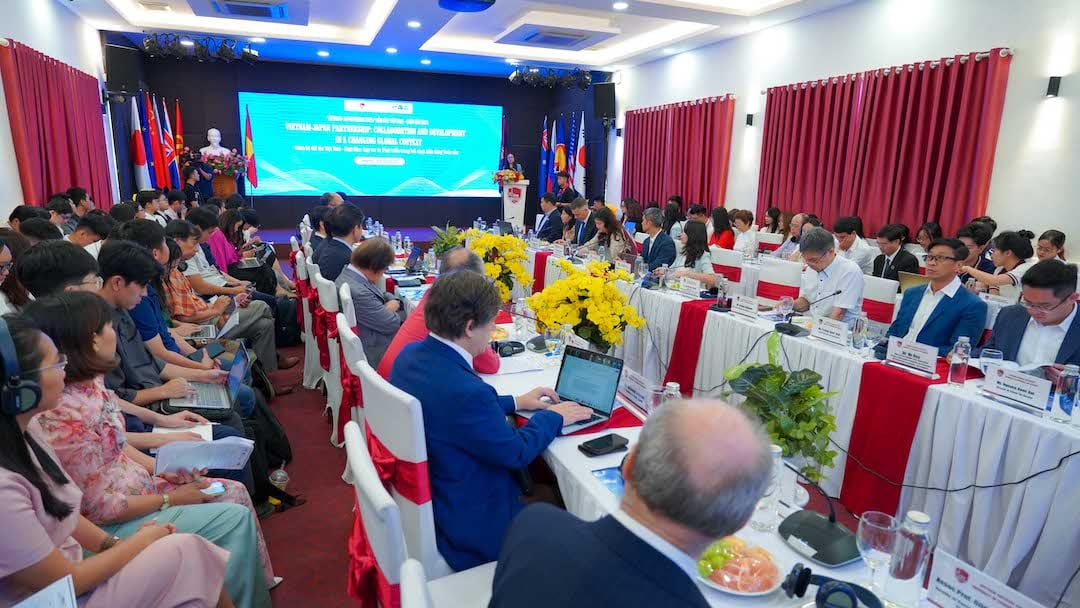 |
| Forum “Vietnam - Japan Partnership: Cooperation and Development in the Context of Global Changes”. |
Speaking at the opening of the forum, Mr. Pham Quang Hieu, Ambassador of Vietnam to Japan, emphasized that the upgrading of the comprehensive strategic partnership has brought Vietnam-Japan cooperation to the most comprehensive stage of development in over 50 years. The Ambassador especially appreciated Japan's commitment to promoting digital transformation, green transformation, innovation and science and technology, considering these as driving forces to help Vietnam realize its goal of becoming a developed country by 2045.
According to Mr. Ta Duc Minh, Vietnam Trade Counselor in Japan, the relationship between the two countries is at its best, reflected in the flow of trade and investment. In the first 7 months of 2025, the total bilateral trade turnover reached nearly 29 billion USD, an increase of nearly 10% over the same period in 2024. Vietnam had a trade surplus of 1.37 billion USD, with key commodity groups including textiles, footwear, processed agricultural products and electronics.
Japan continues to assert its role as a strategic investor with 5,608 FDI projects, with a total registered capital of 79.4 billion USD. In the first 8 months of 2025 alone, newly registered capital reached nearly 877.9 million USD, focusing on processing and manufacturing industries, electronic components, real estate and renewable energy.
“FDI capital flows from Japan are of high quality and efficiency. The value of newly registered capital is a positive signal showing that Japanese investors consider Vietnam an attractive and safe destination,” Mr. Minh also emphasized.
Expect new cooperation opportunities
A stable political environment, an open FTA network (CPTPP, RCEP, VJEPA), and strong support from the governments of both countries are the great favorable conditions pointed out by Mr. Minh. However, there are significant challenges from geopolitical fluctuations, technical barriers to Vietnamese agricultural products, limitations in deep processing and supply chain management. In light of that reality, he proposed four new directions of cooperation such as green transformation - circular economy, digital economy, infrastructure - logistics and high-quality agricultural products.
From an academic perspective, representatives of the leadership of Hanoi National University affirmed their commitment to accompany the Vietnam - Japan cooperation process. Associate Professor, Dr. Le Trung Thanh, President of the University of Economics, Hanoi National University , emphasized that the school will play the role of a knowledge bridge, contributing to building policies based on scientific evidence, promoting in-depth and sustainable bilateral cooperation.
According to research by Dr. Vu Duy, Head of the Department of International Trade, Faculty of Economics and International Business, University of Economics - Vietnam National University, Hanoi on the dissemination of environmental standards through trade, the level of integration of environmental commitments in these agreements is different even though Japan has about 20 trade agreements. Large multilateral agreements such as CPTPP or the Japan - EU Agreement are highly appreciated for their institutional mechanisms, monitoring and coordination.
While some bilateral agreements are only at a very low level, such as the Japan-US Agreement. The decisive factor lies not in the content of the commitment, but in the enforcement mechanism and accompanying institutions. In addition, there are gaps in climate cooperation, with about 70% lacking tripartite cooperation, limiting regional spillover effects. Climate provisions are limited, lacking binding force, and changing according to the development stage.
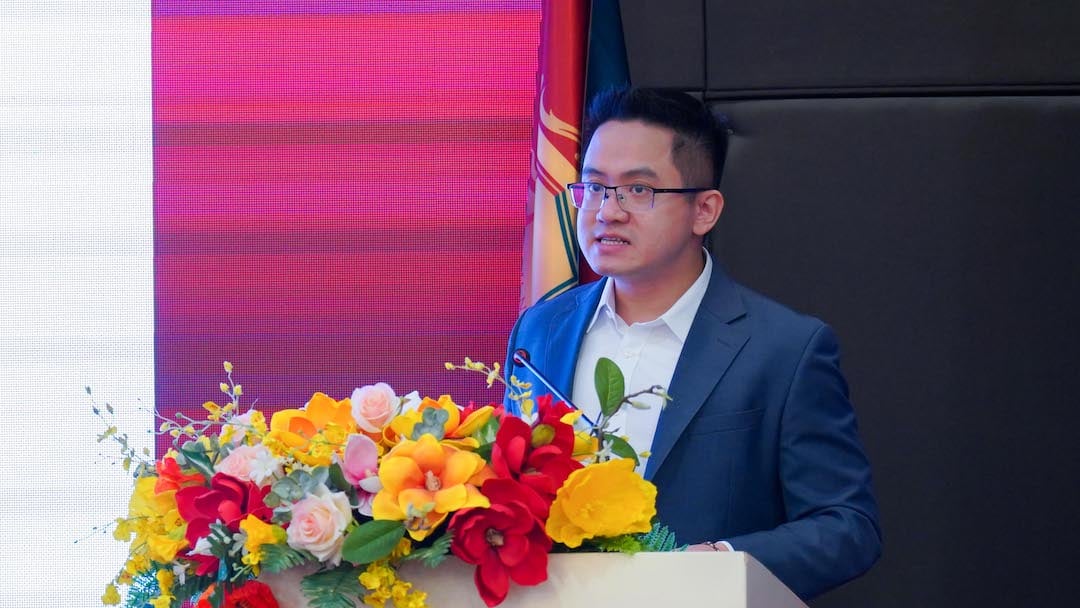 |
| Dr. Vu Duy presented a paper on Diffusion of Environmental Standards through Trade: Evidence from Agreements involving Japan. |
From these findings, Dr. Vu Duy proposed that there should be solutions to narrow the implementation gap, expand the dispute resolution mechanism to apply to environmental provisions as a mandatory standard. At the same time, it is necessary to strengthen the monitoring system and periodic review cycle, concretize climate commitments, build a standard model for trade agreements associated with the Paris Agreement as well as deploy emission reduction mechanisms by sector. In addition, it is also necessary to lead regional spillover and implement targeted upgrades.
From a practical market perspective, Dr. Phan Huu Duy Quoc, Chairman of the Board of Directors of Construction Corporation No. 1 (CC1) reiterated Japan's persistent support for Vietnam in infrastructure development. From Hai Van tunnel, Bai Chay bridge, Can Tho bridge, Thu Thiem tunnel to Nhat Tan bridge, Quang Ngai - Da Nang expressway and Metro line No. 1... These are all major milestones with ODA capital support, technology and experience from Japan, not only shortening travel distances, but also opening up the driving force for socio-economic development in many regions.
However, Japan's ODA for Vietnam has gradually decreased, and Japanese contractors are facing increasingly fierce competition. According to Mr. Quoc, the cooperative relationship needs to move to a new stage, not just one-way support but equal cooperation between businesses of the two countries.
“To increase competitiveness in the international market, the best way to support is to cooperate with local businesses and people,” said Dr. Phan Huu Duy Quoc, affirming his desire to accompany Japanese partners as equals to increase market advantage and jointly implement high-quality and sustainable infrastructure projects in Vietnam.
Source: https://baodautu.vn/dien-dan-viet-nam---nhat-ban-2025-co-hoi-hop-tac-moi-trong-ky-nguyen-day-bien-dong-d401000.html








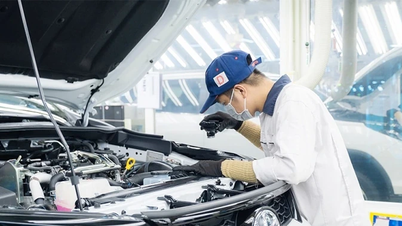

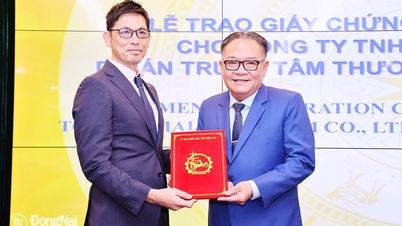

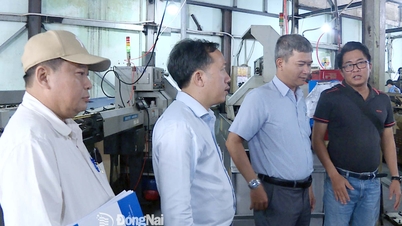
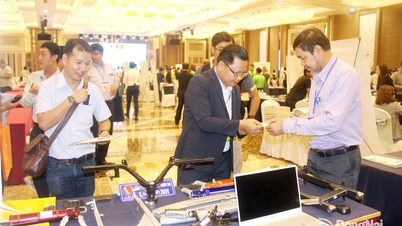
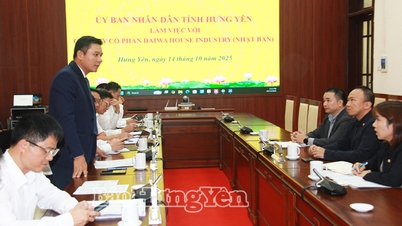

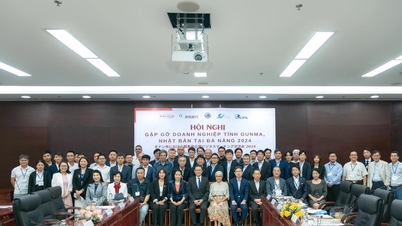





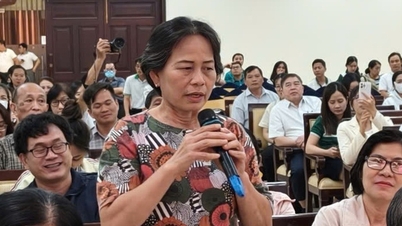


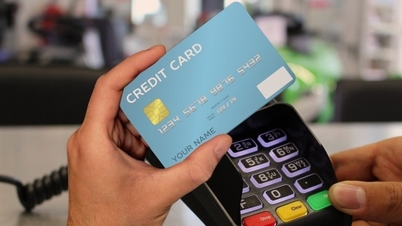

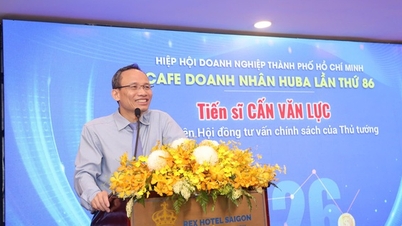





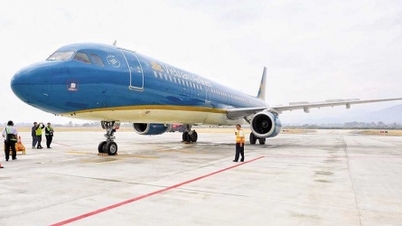

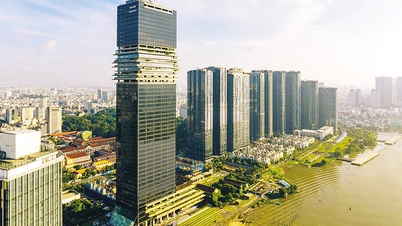
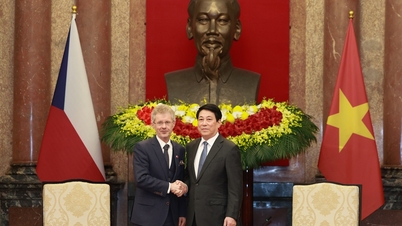
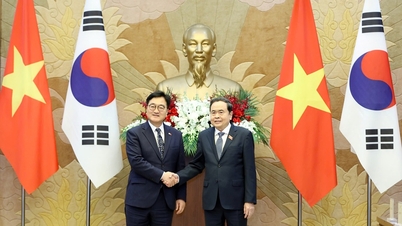




















































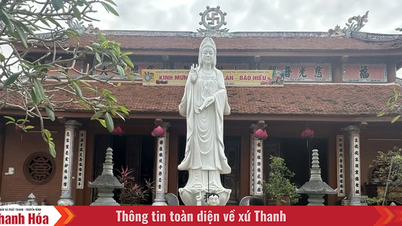

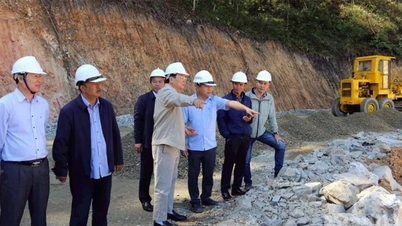

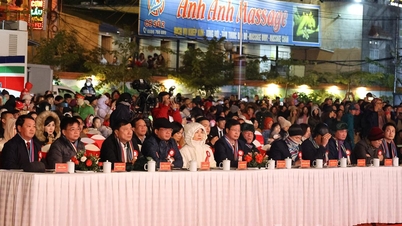


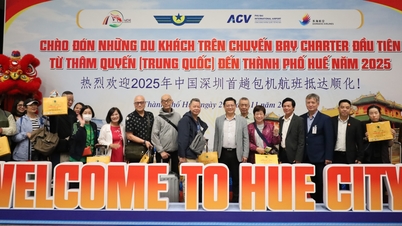













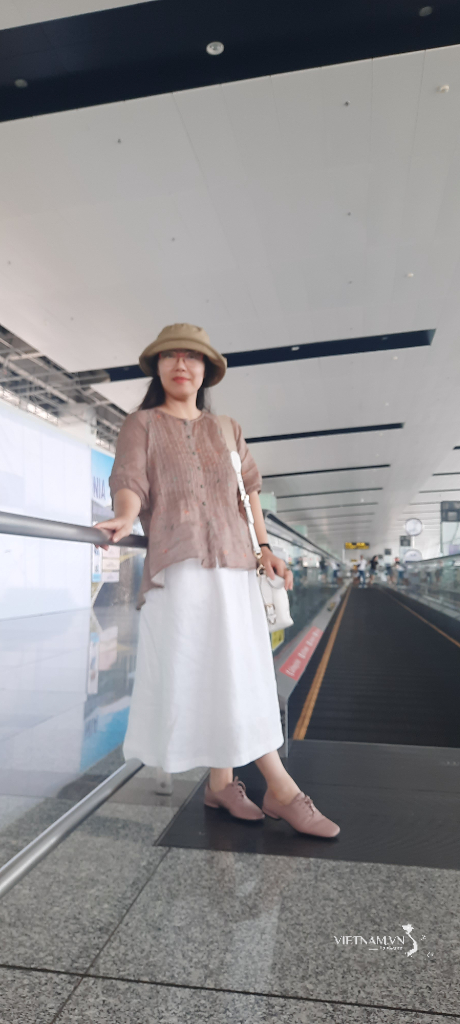


Comment (0)